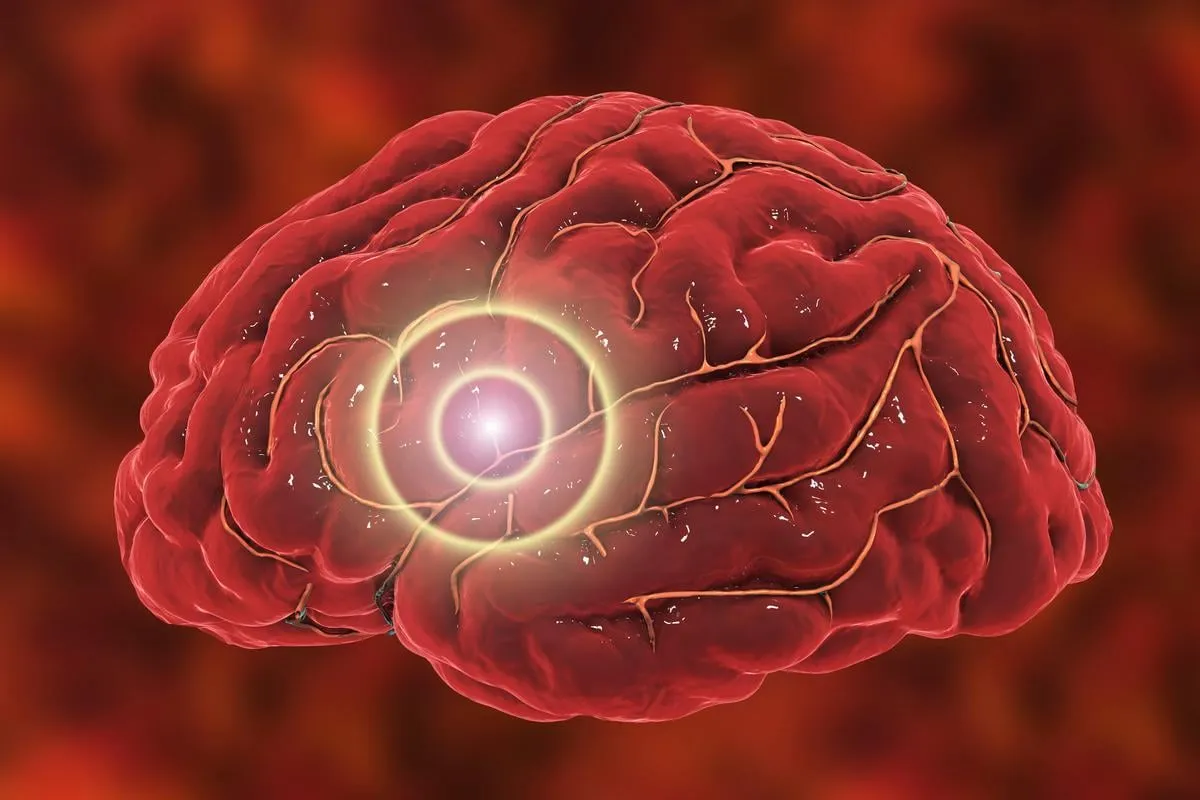Emergencies in Health: The Growing Crisis of Stroke Due to Air Pollution and Climate Change

Emerging Trends in Stroke Mortality
Climate change is driving an alarming increase in stroke rates, as noted in a recent report by Valery Feigin from the Auckland University of Technology. The report highlights that almost 12 million people suffered a stroke in 2021, marking a staggering 70% increase since 1990. Stroke has now become the third leading cause of death worldwide, claiming over 7.3 million lives annually.
The Role of High Blood Pressure and Air Pollution
Experts stress that the rising incidence of stroke is closely linked to multiple modifiable risk factors, particularly air pollution exacerbated by climate change. High blood pressure, excess body weight, smoking, and inactivity are crucial contributors to this crisis.
- Stroke is largely preventable.
- 84% of the stroke burden can be connected to 23 modifiable risk factors.
- The years of healthy life lost due to stroke increased by 32% between 1990 and 2021.
- Addressing air pollution can significantly reduce stroke risk.
- Healthy diets and regular physical activity play a critical role in prevention.
- Awareness campaigns can inform individuals about controlling high blood pressure.
With swift action, we can alter the trajectory of stroke risk for future generations, making health news from studies like these crucial for public awareness.
Disclaimer: The information provided on this site is for informational purposes only and is not intended as medical advice. We are not responsible for any actions taken based on the content of this site. Always consult a qualified healthcare provider for medical advice, diagnosis, and treatment. We source our news from reputable sources and provide links to the original articles. We do not endorse or assume responsibility for the accuracy of the information contained in external sources.
This article was prepared using information from open sources in accordance with the principles of Ethical Policy. The editorial team is not responsible for absolute accuracy, as it relies on data from the sources referenced.